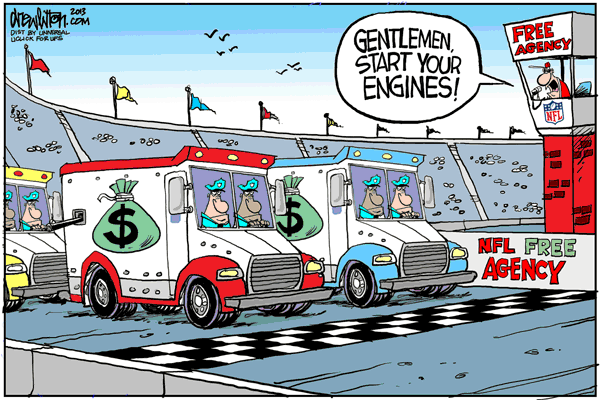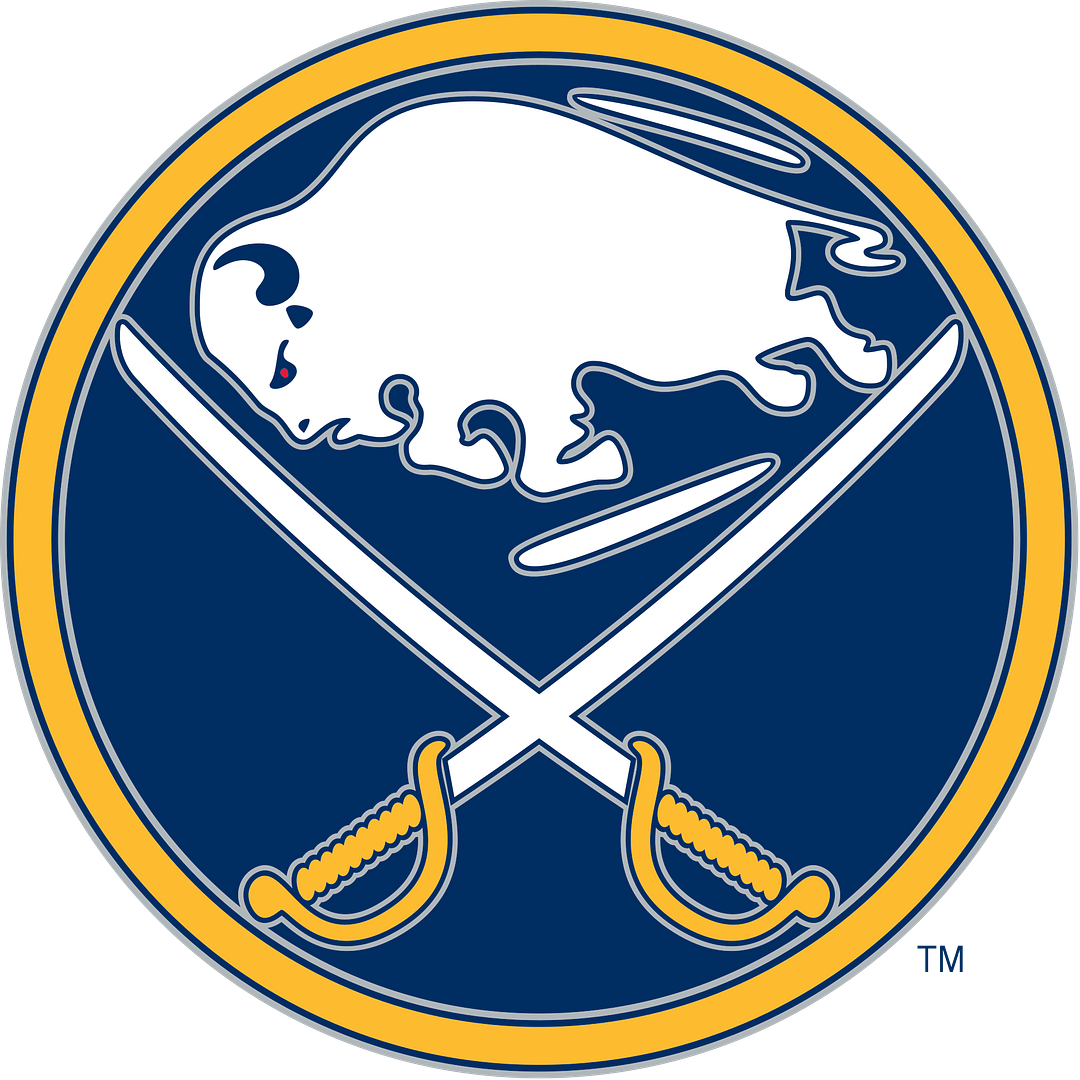The New York Yankees enter unchartered territory for a team used to two things: winning and spending money. The front office has
stated its desire to reduce spending next season to below the Competitive Balance Tax (CBT) threshold of $189MM. Doing so would not only alleviate the 50% tax on spending over the limit this season, but would reduce the rate to 17% in the next season they choose to spend big.
But it will not be easy. The team
spent over $203MM last season and failed to make the playoffs for the second time in decades. The team has some big holes to fill, along with a number of free agents who would demand big money to stay around. And though internally the Yankees may wish to cut payroll, their fan base's expectations of October baseball are doubtful to change. Even GM Brian Cashman noted that $189MM "
is a goal, not a mandate."
A possible attempt to slash CBT relevant spending appears to have failed in Derek Jeter's new $12MM contract. It was thought that though it is an increase over the Captain's player option, that it would save on average annual value. But though some
complicated rules in the Collective Bargaining Agreement, the deal will cost the Yankees more in both real dollars as well as those which count for CBT purposes.
But there are reasons to be optimistic. With many expensive players coming off the books, the Bombers will have some room to work with. If Alex Rodriguez misses all or most of next season due to suspension, upwards of $25MM could be saved. Additionally, key target Masahiro Tanaka will be expensive, but his massive posting fee will not hurt the Yankees attempt to slide under $189MM. It will take some creativity and maybe some restraint, but it's entirely possible the club makes its stated goal.
So here's the question for our esteemed panel:
Will the Yankees spend less than the $189MM competitive balance tax threshold in 2014?Jesse Sherman (Director of Operations, SBS)- NoThe 2013 Yankees payroll was well over $200MM- and I don't see it decreasing drastically below the threshold. The Yankees have three players making over $23MM for 2014 (Rodriguez, Teixeira, and Sabathia), and that's not including Robinson Cano who will command the highest salary on the team (unless the sides can agree to a back-loaded contract). The aged Jeter just received a pay increase, and the Yankees will have to bolster their pitching staff by spending some money this offseason. But with over 98MM already being committed to just 7 players, the only chance they have of getting below the threshold is by not resigning Cano or Granderson. But even removing Granderson's contract and finding a steady replacement won't do the trick.Adam Kirsch (Co-president, SBS)- No
I don't think the Yankees will make it under the tax threshold next year. A great deal depends on how they choose to address key free agents – most notably Robinson Cano's call for a monster contract. A few arbitration-eligible players, such as Brett Gardner and David Robertson, will also likely cut into the Yankees' thrifty efforts. After missing the playoffs this year, I think that Cashman and Co. will not be afraid to spend to keep their key pieces in the Bronx.
Kevin Cole (Featured Blogger)- Yes
It seems like the Yankees are fairly determined to get under the $189MM number. The club's behavior over the last couple of seasons would be hard to explain should they abandon this attempt to get under the Competitive Balance Tax Threshold, and it does seem like they are poised to meet their goal of lowering payroll to this level. The Yanks have a lot of cash coming off of the books this offseason from the likes of Mariano Rivera, Andy Pettitte, Kevin Youkillis, and others. Salary write-ups that I've seen give the Yanks around $70 million to play with this off-season in filling about 18 big league roster spots.
The Yanks obviously plan on giving a large portion of that amount to Robinson Cano. But, they could have an extra $27MM to play with, should A-Rod's suspension be upheld. If that happens, A-Rod's spot will need to be filled for 2014, but the team will have some additional freedom in making some free agent signings. Some are speculating that the Yanks are poised for a nice spending spree this off season, possibly for the likes of Masahiro Tanaka, Brian McCann, Carlos Beltran, and others. We'll see about that, but I believe the team is set to meet the $189MM goal, resign Cano, and perhaps one or two other high profile free agents. Whether or not they field a playoff contender, though, remains to be scene.
John Zakour (Featured Blogger)- No
I don't believe the Yankees will spend less than $189MM, but I believe it will be close. The fact the Yankees are serious about Cano and Tanaka means they likely won't let a few mil stop them (who would?). There situation is fluid, and may even change depending on A-Rod's punishment. But the fact we're talking about this is noteworthy. It indicates a paradigm shift, and shows the Yankees might actually be (somewhat) responsible with their contracts. The title of the freest spenders in baseball rests safely with the Dodgers.
Matthew Hakimian (Featured Blogger)- No
Not a chance the Yankees have a payroll under $189 million heading into the 2014 season. Although the team was marred by an obscene amount of injuries throughout the course of the year, GM Brian Cashman will ultimately get his way. Not only does the team desperately need to resign Robinson Cano, but it also has no idea what the future of A-Rod holds. Look for the Bombers to be in the market for the likes of Brian McCann and Japanese product Masahiro Tanaka. Don't we all remember what took place after the Yanks missed the playoffs in '08?
Adam Malz (Featured Blogger)- No
While the Yankees front office has repeatedly stated that their objective is to reduce their payroll to $189 million, I believe they will end up going over that by the end of this offseason. The Yankees are set to embark on an offseason similar to that of 08-09 when they spent $423 million on CC Sabathia, Mark Teixeira, and A.J. Burnett. This year their targets include Robinson Cano, Carlos Beltran, Brain McCann, and Masahiro Tanaka. They will most likely end up spending over $300 million in contracts to the players that they ultimately sign. After this, it will be a huge financial challenge to get below the $189 million competitive balance tax threshold.
Labels: AKirsch, AMalz, BloggerRoundtable, collective bargaining, Competitive Balance Tax, JSherman, JZakour, KCole, MFogle, MHakimian, MLB, New York Yankees, Opinion











